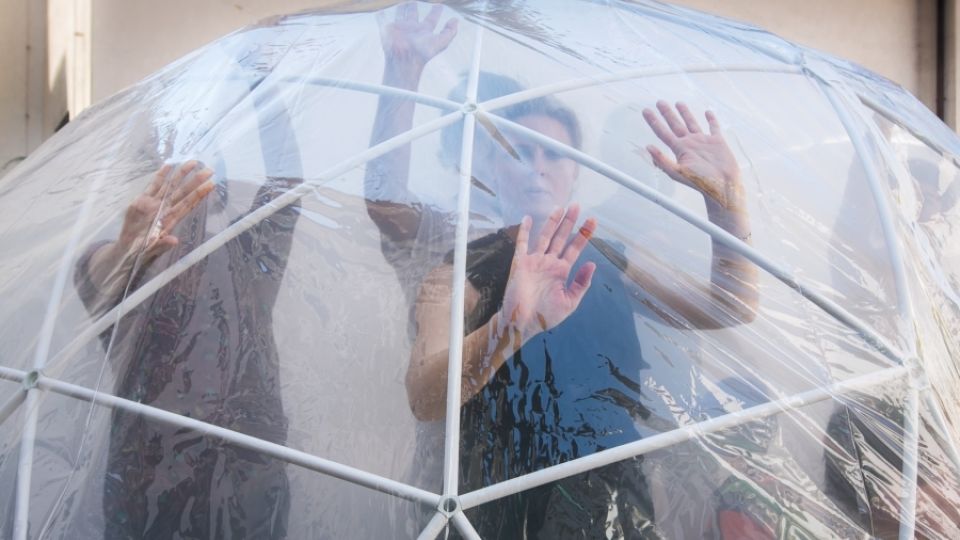A new project launched by non-governmental organizations from the Czech Republic and Belarus aims to fight against dangerously rising statistics of persecuted activists. The website, stop-persecution.org, collects untold stories of oppression and violence from all Europe and Post-Soviet countries. The victims and the witnesses can share their stories. The issue of persecutions will be discussed next week at an international conference - Meeting of the Parties to the Aarhus Convention in Montenegro.
“In a way, we got used to hearing about political persecutions, ethnic or religion motivated hatred, but attacking defenders of the environment is a trend which has been increasing,” Martin Skalsky of the Czech NGO, Arnika, explains. “Speaking about the issue publicly is an essential step in the effort to keep our societies open and democratic. It is especially important when facing serious environmental challenges,” he adds reminding that in the last year, there were about two hundred defenders of the environment who were murdered across the globe (3), and thousands have been abducted, beaten, or threatened.
The website, stop-persecution.org, focuses on Europe and the former Soviet Union where the situation is mostly non-lethal. Nevertheless, it is disturbing. According to Marina Dubina of Ecohome, her homeland of Belarus is considered to be the last dictatorship in Europe. “But there is number of countries where the citizens live under even harsher conditions,” she believes. “Speaking about pollution of the environment, the plundering of natural resources, corruption, or enforcement of the interests of local communities is really dangerous there, and we want to help those stories to be heard,” Dubina explains.
International agreement partially ignored
All governments in the watched region, except Russia, have signed international Aarhus Convention “on environmental democracy.” Thus these nations obliged themselves to provide public access to environmental information, citizen participation in decision making, and rights for independent judicial review. However, the reality is often far different, these rights are frequently nominal only.
Instead, various forms of oppression can be witnessed in those countries. Blackmailing, threats, dismissal, expulsion from jobs or studies, administrative and criminal prosecution, psychological pressure, even physical violence, detentions, and arrests are methods used. These accounts are told in previously published news stories.
Bosnia, Ukraine and Belarus for starter
For example, the mayor of Ukrainian village of Yasnozirya gets been physically assaulted in his office; the special police units physically attacked the protesting residents of Kruscica, Bosnia-Herzegovina, and in Belarus, anti-nuclear activists was restrained and imprisoned multiple times. Those are just the first three cases which were delivered and published.
From now on everyone can submit information on their case through the on-line platform. The more details the whistle-blowers can provide, the better. All given information will of course be absolutely secret, and it may be published anonymously. “The privacy protection of all victims, as well as of every whistle-blower, is our priority,” Skalsky ensures.
An annual report published by an international human rights overseeing NGO Global Witness has named the 2016 “the deadliest year in record” regarding the activists killing and received a huge media attention worldwide. Full report







